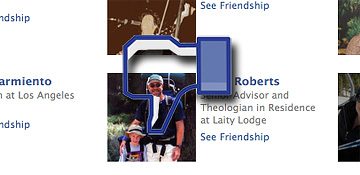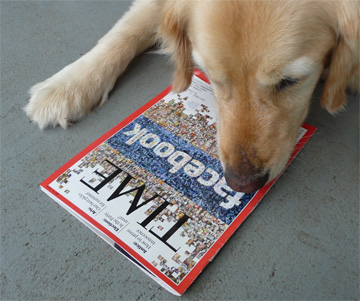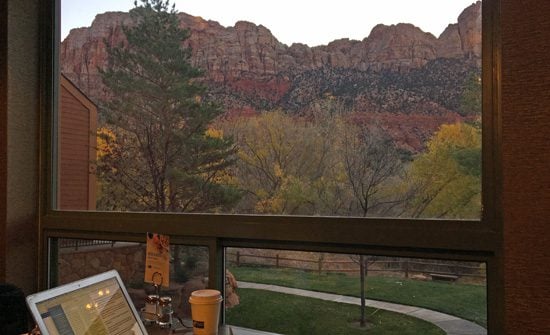Once upon a time, it was possible to speak of digital life as something distinct from real life. But that time is no longer, for most of us, at least. Digital life has utterly permeated physical life for multiple millions of people who, because of digital social media and mobile technology, are never disconnected from the Internet or from each other. It becomes increasingly difficult to say that online experience is any less real than embodied experience (even though the word “real” comes from the Latin res, which means “matter or thing. In fact, it makes less and less sense to think of our lives as divided into distinct digital and real domains. That’s why I’m experimenting with the word “embodied,” even though “real” still seems fairly popular.)
 Case in point: “Political spats on Facebook spill into real life.” This USA Today story by Laura Petracca documents what makes intuitive sense to me:
Case in point: “Political spats on Facebook spill into real life.” This USA Today story by Laura Petracca documents what makes intuitive sense to me:
Most people know the social dangers of discussing politics at family gatherings, cocktail parties and the workplace. But the rise of Facebook brings about a tempting — and treacherous — territory to engage in such commentary.
It takes just a few posts to inadvertently damage a friendship, put a rift in family relations, alienate a once-friendly neighbor or infuriate a colleague.
Mix together a divided country and hot-button political issues and Facebook commentary can become an online landmine.
According to Petracca, Facebook is playing a much more significant role in this year’s election than in the 2008 election. Among other things, the fact that ten times as many people are on Facebook helps to explain this change. Yet, the peculiar non-physicality of Facebook communications can encourage people to post on someone’s wall what they would not say to that person face-to-face. Fighting on Facebook has led to the loss of friendship, not just in the Facebook sense, but also in the embodied-life sense.
Petracca considers various ways to avoid such unpleasantness. But what I find most interesting about her article is one more piece of evidence that demonstrates the interweaving of digital life with embodied life. Yet, this relatively new situation calls for careful thought about how we live in relationship with others, how we communicate when online, what we share and what we keep private, etc.
Tomorrow, I’ll consider another curious and sometimes disconcerting implication of our interwoven digital and embodied lives.












